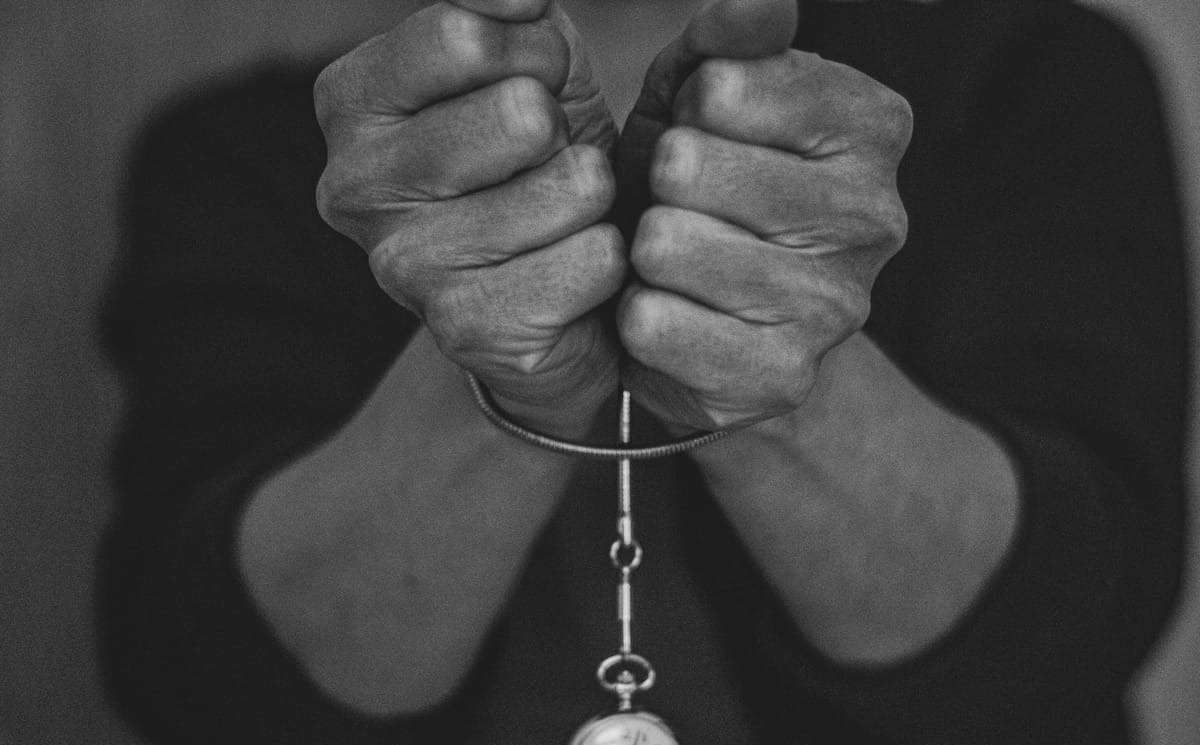For thirty-three years, I’ve worked with alcoholics and addicts struggling with trauma. Most of my clients come to me after addiction has wreaked havoc on their lives—declining health, estranged loved ones, money troubles, or legal issues. Most of these people started using to cope with anxiety, depression, PTSD and pain. The question is: how can they let go of it?
Too often therapists use scare tactics when dealing with people with substance use disorder who are considering recovery. “If you don’t stop, you’ll lose your wife/husband, health, freedom or money.” Or, as AA and NA put it, continued use means we are fated for “jails institutions and death.” In my case, at twenty-eight, my addictions delivered me to a scorched-earth place, divorced, destitute and spiritually bereft. I was often suicidal and felt no hope of a better life. My health was okay but precarious, only saved by my relative youth. There is truth to the consequences of continuing in our addictions as anyone who has done so will tell you. Our disease progresses with time and consequences pile up.
My addictions greatly inhibited my growth. At twenty-eight, I was worse off than I’d been at eighteen. I was a lousy husband and father because all I wanted to do was drink and get high. Occupationally, I hadn’t developed a career beyond tending bar, and I’d dropped out of college twice. Addiction left me undisciplined, frustrated, and stuck.
As a therapist I balance discussion of the consequences of continued use with a fulsome discussion of the benefits of recovery. When I got clean and sober, right away I noticed dramatic physical benefits. I didn’t wake up hungover, nauseous with a crushing headache. I wasn’t mortified or terrified by my behavior the previous night. Unshackled from the looming need to use, I could keep my word again. I didn’t need to lie to everyone around me. I was able to show up and work to the best of my ability every day. I was accountable. I reveled in presenting the better aspects of myself now that I was freed up from the shackles of my addiction.
Now forty years into my recovery I share with clients the gains of getting, and staying sober: Financial stability and even security, meaningful long-term relationships, freedom, better parenting and better health to name a few. I tell clients you will be free every day to reach the ceiling of your potential, and if you stick with it the benefits only increase with time.
As I started to review my life in its entirety it occurred to me that recovery was allowing me to be the person I was meant to be before the trauma and before I started to self-medicate. These things had perverted my existence and corrupted my behavior, turning me into a creature of appetite bent on self-destruction who had little regard for others. One of the things I hated about addictions was it consistently put me at odds with my own values. Lying, stealing and mistreating others was a part of every day and the guilt and shame piled up day by day.
Recovery isn’t just about putting down the drink or the drug—it’s about reclaiming your life. It’s about waking up every day free to pursue your potential, to repair relationships, and to find joy in the simple things. Recovery allowed me to become the person I was meant to be, and I know it can do the same for you. You can do it and it’s worth it!






Comments